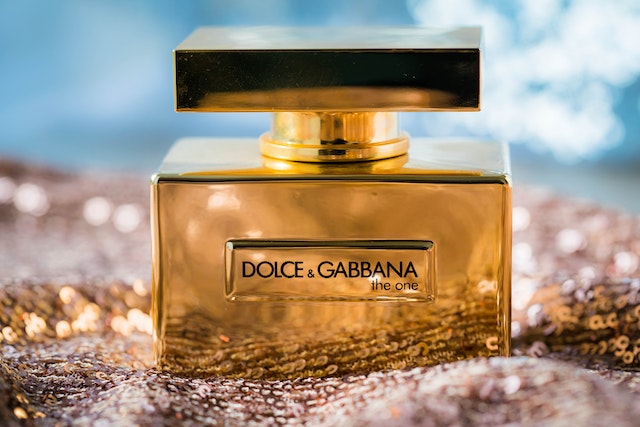The key difference between perfume and cologne is the strength or intensity of the scent. Perfumes typically have a stronger scent than perfumes and last longer.
Perfume and cologne are two of the most popular forms of personal fragrance, used by people to enhance their scent and leave a lasting impression. For centuries, humans have used various ingredients to create fragrances that evoke different emotions, memories, and personalities. From the early use of flowers, herbs, and spices to the modern-day use of synthesized compounds, fragrances have come a long way.
Key Takeaways
- Perfume is a fragrant liquid made from a blend of essential oils, alcohol, and other fragrant compounds, designed to be applied to the skin or clothing to leave a pleasant aroma.
- Cologne, a fragrance originating from the German city of Cologne, is a scented product that typically contains 2-5% essential oils or a mixture of extracts, alcohol, and water.
- The main difference between perfume and cologne is the strength or intensity of the scent, with cologne typically being lighter and less concentrated compared to perfume.
What is a Perfume?
Perfume is a fragrant liquid that is designed to be applied to the skin or clothing to leave a pleasant aroma. It is made from a blend of essential oils, alcohol, and other fragrant compounds. Perfumes are often used as a form of personal grooming and to enhance one’s appearance. They can also evoke memories and emotions. They come in a variety of scents, from floral to fruity to musky, and are available in various strengths, from light eau de parfum to long-lasting eau de toilette.
Perfume is derived from the Latin phrase per fumum meaning “through smoke.” The use of perfume dates back 4000 years to Egypt and Mesopotamia. Perfume is prepared by diluting perfume oils in ethanol or a mixture of ethanol and water. Perfumes have stronger fragrant that are long-lasting scents; however, perfumes are usually expensive.
What is a Cologne?
Cologne, a fragrance originating from the German city of Cologne, was first created by Johann Maria Farina in 1709. Today, the term “cologne” is widely used to refer to scented products that typically contain 2-5% essential oils or a mixture of extracts, alcohol, and water, although the exact composition and concentration can vary depending on the type of cologne.
Eau de cologne is generally composed of a blend of citrus oils, including lemon, tangerine, clementine, orange, bergamot, lime, grapefruit, bitter orange, blood orange, and neroli, all suspended in a dilute ethanol base (70-90%). It may also include oils from rosemary, thyme, lavender, jasmine, oregano, petitgrain, olive, oleaster, and tobacco.
The term “cologne” has evolved to refer to fragrances specifically targeted toward men. Generally, it can also indicate a more budget-friendly, less potent version of a well-known perfume.
What is the Difference Between Perfume and Cologne?
Both perfume and cologne are prepared with the same procedure and from the same ingredients. The key difference between perfume and cologne is their concentrations of aroma extracts and solvents. Generally, perfume contains more aroma oils, which range from 15 to 30 percent of the solution. On the other hand, cologne only contains about 3 to 5 percent of aroma oils. Since perfume has a higher level of aroma extracts, its scent is stronger than cologne and definitely will stick on you longer. In addition, perfume is usually more expensive than cologne.
Summary – Perfume vs Cologne
The main difference between perfume and cologne is the strength or intensity of the scent, with cologne typically being lighter and less concentrated compared to perfume. Whatever you may spray on yourself, perfume or cologne, make sure that it will make a good impression.
